One should not confuse the craving for life with endorsement of it

One should not confuse the craving for life with endorsement of it
Elias Canetti, a Bulgarian-born writer and Nobel laureate, was known for his profound insights into human nature and society. In his works, Canetti often explored the complexities of human desires and motivations, shedding light on the darker aspects of human behavior. One of his most famous quotes, "One should not confuse the craving for life with endorsement of it," encapsulates his deep understanding of the human experience.The craving for life is a fundamental aspect of human nature. It is the driving force behind our desire for survival, pleasure, and fulfillment. We all have an innate instinct to seek out experiences that bring us joy, satisfaction, and meaning. However, Canetti warns against blindly following this craving without considering the consequences. He suggests that simply desiring life does not necessarily mean that we should endorse or approve of all aspects of it.
In his writings, Canetti often delved into the darker side of human existence, exploring themes of power, violence, and manipulation. He understood that the pursuit of life can sometimes lead us down a dangerous path, where our desires can become destructive and harmful. By endorsing life without critical reflection, we may inadvertently support actions and behaviors that go against our moral values and principles.
Canetti's quote serves as a reminder to pause and reflect on our desires and motivations. It encourages us to question whether our cravings for life are leading us towards a fulfilling and meaningful existence, or if they are driving us towards self-destruction and harm. By acknowledging the distinction between craving for life and endorsement of it, we can make more conscious choices about how we live our lives and the impact we have on the world around us.
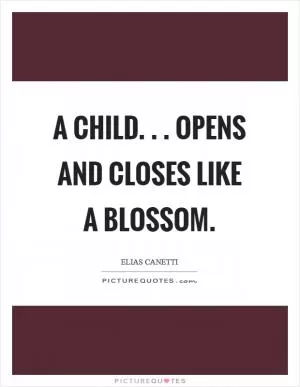
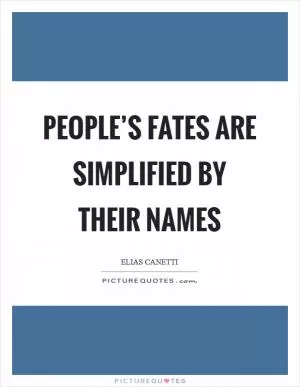
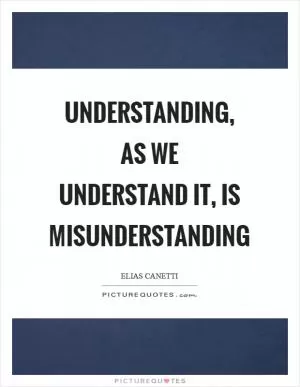






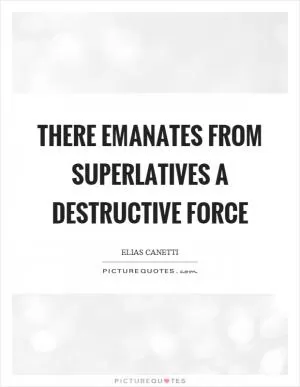
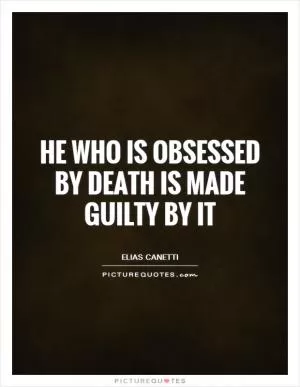
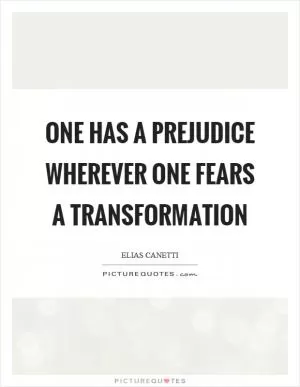
 Friendship Quotes
Friendship Quotes Love Quotes
Love Quotes Life Quotes
Life Quotes Funny Quotes
Funny Quotes Motivational Quotes
Motivational Quotes Inspirational Quotes
Inspirational Quotes